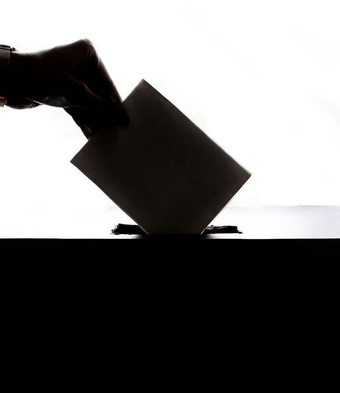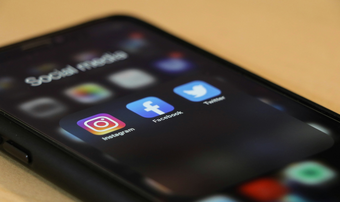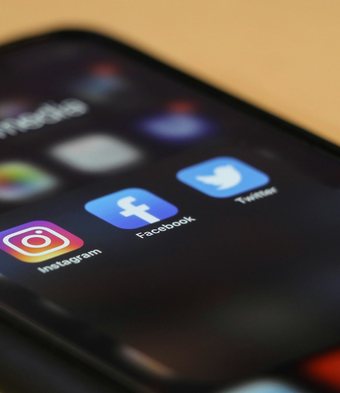5 ways online porn harms your child
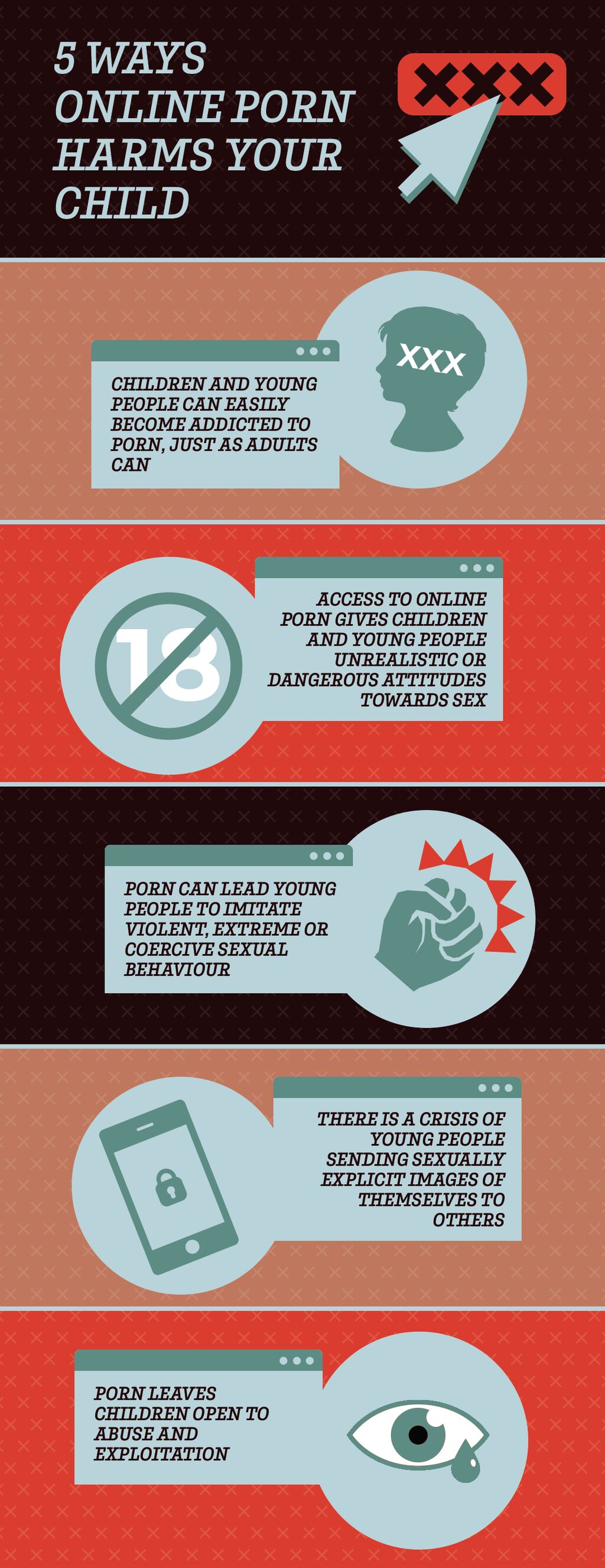
As a new generation grows up in a digital age, it remains incredibly easy for digitally literate children to access online porn. This challenge has only worsened during the Covid-19 pandemic, as they spend increasing amounts of time online. In this context, it's essential to understand exactly how pornography may be affecting your child.
"Just wondering…when did you first see porn?"
Katherine Hill tells the story of a friend who, initially incensed at the suggestion that her children may have seen pornography, decided to ask them this question outright. They responded that it was the first year of secondary school, at a friend’s house. What surprised her most was the “nonchalant, matter of fact” tone in which they answered; porn was a normal part of their world.
According to a report released this year, parents of 16- to 17-year-olds were either “in denial or largely unaware of what their child viewed online, with the parents of teenage girls the most likely to be unaware their children were watching pornography.”
Unfortunately, if the statistics are accurate, there is a chance your child, too, may have viewed pornography online.
Today, half of all children are thought to have seen or watched explicit images, including a quarter of 11-year olds. That is not to say that your child has sought it out; in fact, it is more likely children will stumble across porn accidentally whilst online, and a recent study found that they are more likely to come across porn on social media networks, such as WhatsApp or Snapchat.
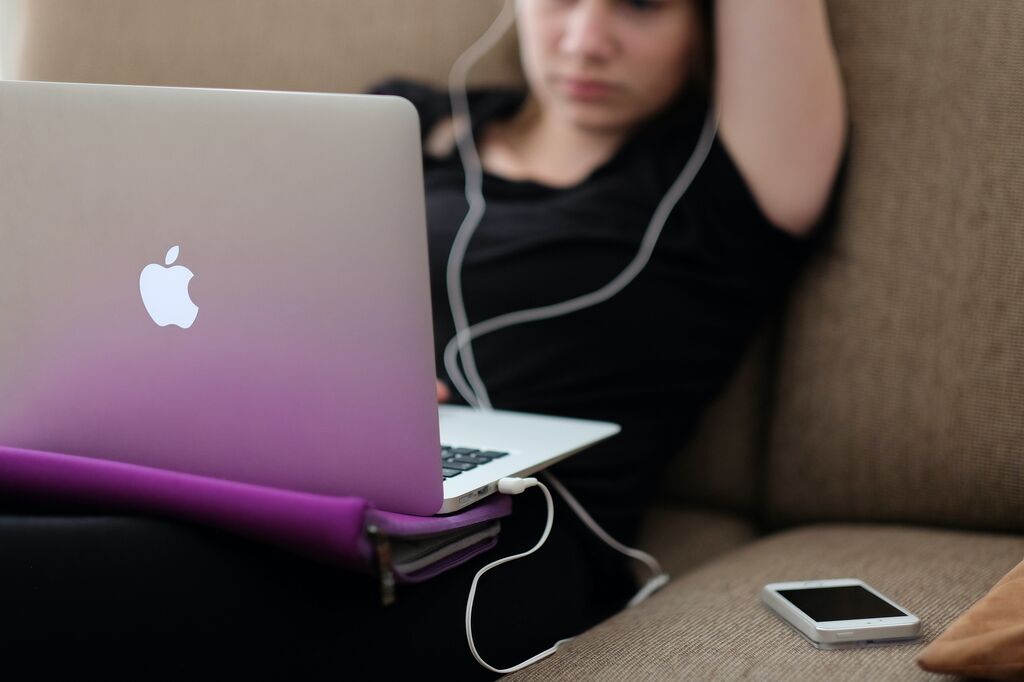
Time to take action
“We have been ignorant of the damage that watching pornography can do to our health, especially the health of our children, and again it is time to take action…Many of us need a wake-up call to understand the seriousness of the issue”
If there is any hope of change in this area, it is parents who can drive it.
We need to petition the Government to make changes as soon as possible and we need to act with urgency, because porn is having a serious impact on children and young people across the country.
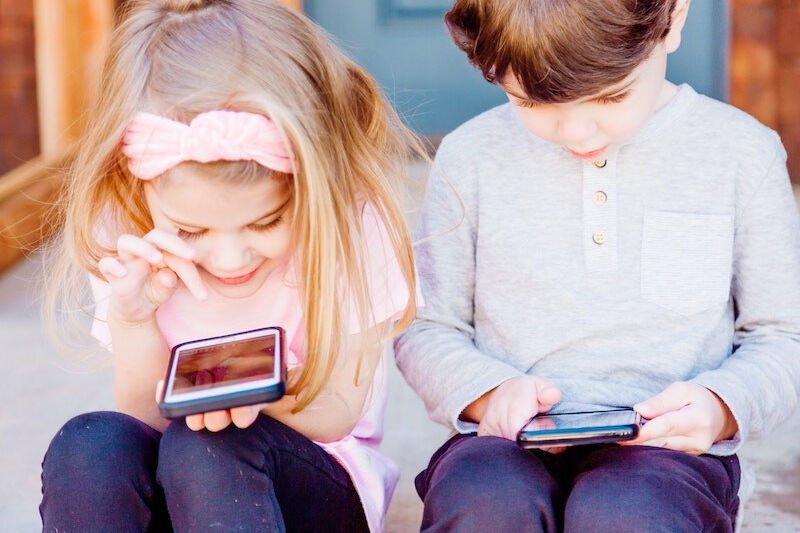
Many parents will be concerned that their children are viewing porn, but many may be sceptical of the headlines or unaware of the particular ways online porn can harm children.
So, here are just 5 things you need to know about the ways online porn harms your child.
“It is as though we have devised a form of heroin 100 times more powerful than before, usable in the privacy of one’s own home and injected directly to the brain through the eyes.”
1. Children and young people can easily become addicted to porn, just as adults can
Watching porn rewires your brain, and this affects young people even more potently because their brains are still developing.
Viewing porn stimulates the reward centre of the brain and causes dopamine to be released. This makes porn intensely addictive.
William M. Struthers, Professor of Psychology at Wheaton College, compares this to the effect of narcotics on the brain, arguing that pornography works “through the same neural circuit, has the same effects with respect to tolerance and withdrawal, and has every other hallmark of an addiction.”
As you watch porn over a period of time, dopamine also consolidates new neural pathways made in your brain, and the neural pathways require more pornography to “trigger the desire reward sensation.” This means simply giving up porn is incredibly difficult. It can be an uphill battle to retrain your brain into new habits once these pathways have been formed.
Psychiatrist Dr Jeffrey Satinover describes the power pornography holds over us this way: “It is as though we have devised a form of heroin 100 times more powerful than before, usable in the privacy of one’s own home and injected directly to the brain through the eyes.”
The thought of any child developing an addiction is obviously very troubling, but another problem with porn is that the brain gradually gets desensitised to the effects of dopamine, so a bigger hit is needed to recreate the same ‘high’ each time. Over time, the only way to obtain the same dopamine high is by accessing more novel pornographic content, which can take on more extreme forms — something that is patently something that needs to be addressed in the immediate term.
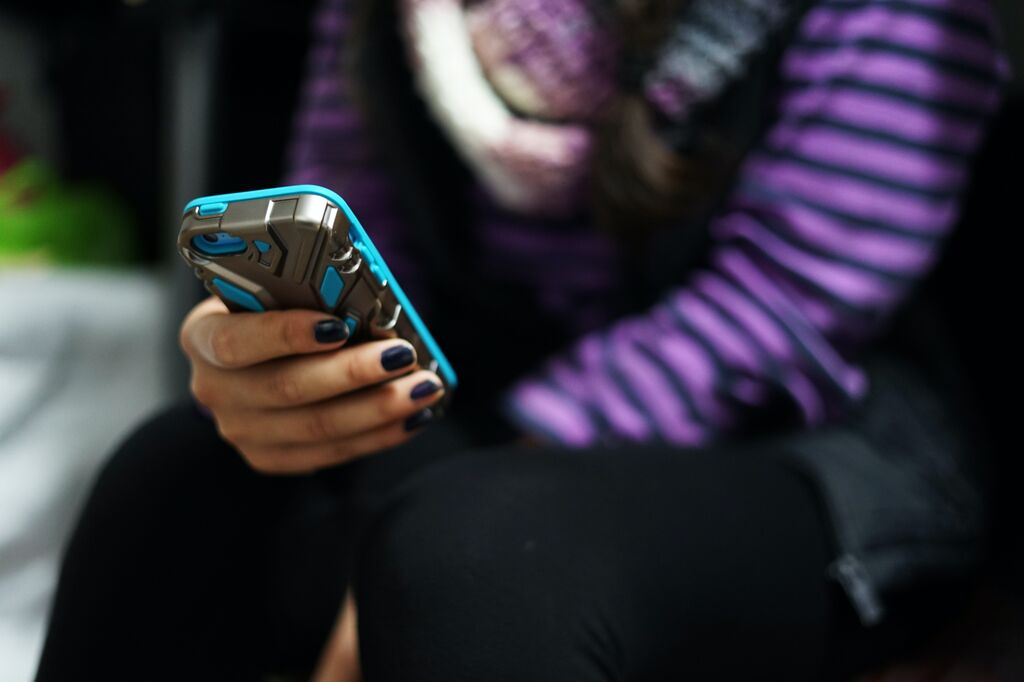
2. Access to online porn gives children and young people unrealistic or dangerous attitudes towards sex
According to The Children’s Society, “People under 18 are still in the stages of cognitive development and may not be able to separate the images they see through pornography and how they act in their everyday life.”
The seriousness of this cannot be overstated: young people believe what they see on porn sites. The most extensive survey of the impact of porn on young people to date found that just over half of boys surveyed (53%) saw porn as a “realistic depiction of sex”.
As Katherine Hill argues, porn “gives our children the message that sex is a performance which is divorced from relationship, from consent, from respect, from faithfulness, and from commitment.”
Given that it presents fictionalised versions of sexual behaviour, can include acts of violence and abuse, and reinforces unrealistic and highly sexualised depictions of people's bodies, it is deeply troubling that children and young people are having their expectations of sex shaped by porn.
These expectations affect many dynamics of children’s beleifs and relationships. Academic research commissioned by the Office of the Children’s Commissioner found that pornography has been linked to “unrealistic attitudes about sex; maladaptive attitudes about relationships; more sexually permissive attitudes; greater acceptance of casual sex; beliefs that women are sex objects; more frequent thoughts about sex; sexual uncertainty (e.g. the extent to which children and young people are unclear about their sexual beliefs and values).”
3. Porn can lead young people to imitate violent, extreme or coercive sexual behaviour
Academic research by the Children's Commissioner argues that it is not necessarily the case that pornography is more extreme or violent than the past. However, children’s access to pornography is fundamentally different from previous generations because of the prevalence of porn on the internet. Disturbingly, “explicit sex and violent still and moving images depicting rape, bestiality, the use of pain and humiliation are potentially just a few clicks away.”
In this context, the results of an NSPCC survey are particularly concerning, as it found that young people imitate behaviour they perceive in pornographic images.
For example, the survey found that 39% of 13-14-year-old boys said they wanted to imitate the behaviour they’d seen in porn, such as slapping or choking.
There is evidence that this behaviour manifests in relationships between boys and girls. In an evidence assessment of the impact of pornography on children and young people, the researchers found “compelling evidence that too many boys believe that they have an absolute entitlement to sex at any time, in any place, in any way and with whomever they wish. They also heard that “too often girls feel they have no alternative but to submit to boys’ demands, regardless of their own wishes.”
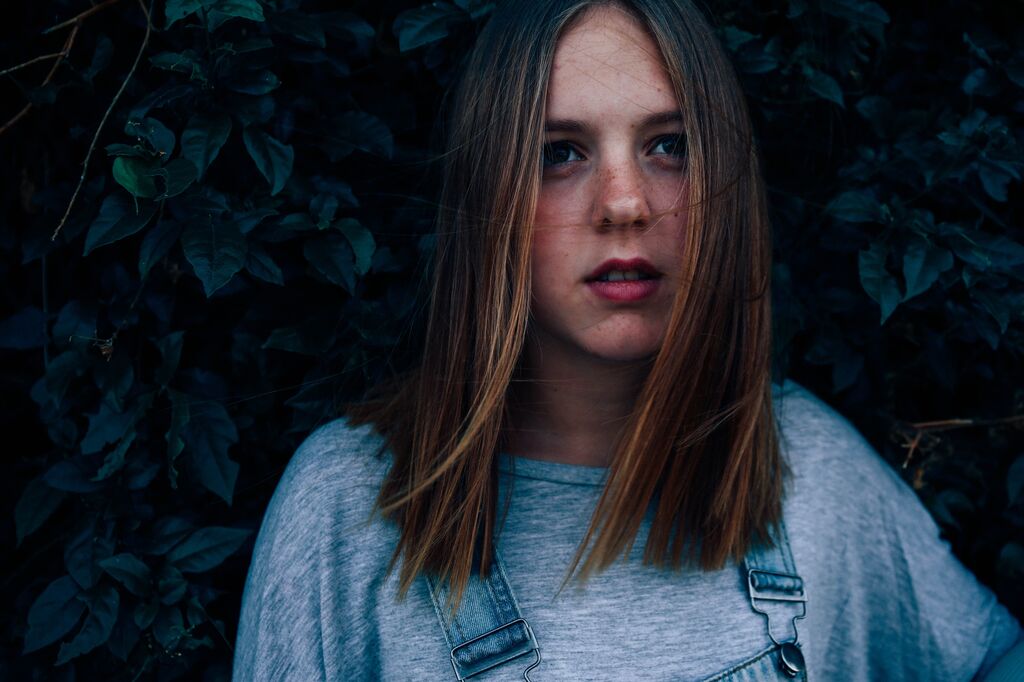
4. There is a crisis of young people sending sexually explicit images of themselves to others.
Sending explicit messages, otherwise known as ‘sexting’, is a problem that has reached unprecedented levels in schools and colleges amongst young people.
The Times reported that “Britain is suffering from a sexting crisis with tens of thousands of school-children caught sharing sexual imagery online in the past three years…Data from 50 of Britain’s biggest secondary schools showed that more than a third of all seting cases involved children aged 12 and 13.”
Whilst it is often viewed as a form of flirting prior to a relationship, and 49% of young people believe sexting is ‘harmless fun’, this kind of behaviour can have “profoundly distressing consequences” when it turns into sexual bulling — known as ‘revenge porn’ — and harassment.
5. Porn leaves children open to abuse and exploitation
According to the Children’s Society, “the sexualisation of children blurs the boundaries between childhood and adulthood and can lead to exploitation.” They further comment that “Sexualised images and messages can expose children to dangerous situations and influence them to explore unhealthy relationships.”
This is particularly true in the matter of consent. According to a survey by the NSPCC, more than 87% of boys and 77% of girls surveyed “felt pornography failed to help them understand consent.”
Pornography impacts young women’s attitudes to consent in particular. Researchers for the Children's Commissioner found that “for young women, viewing pornography is linked with higher rates of sexual harassment and forced sex. This may be because young people may not have the opportunity to compare what they see in pornography with real life and they may be more susceptible to internalising the distorted images and modifying their behaviour accordingly.”
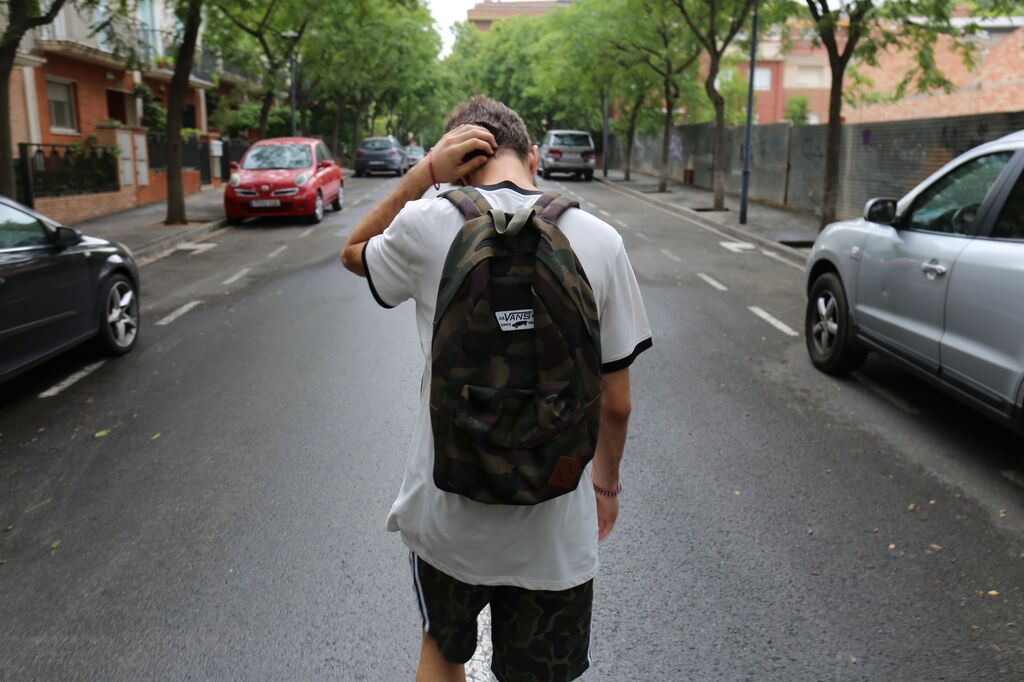
Parents and Government must intervene
Many people argue that it’s up to parents to regulate their children’s behaviour. But as Katherine’s story demonstrates, porn is everywhere, and parents can’t always control what their children do outside the home.
The Children’s Commissioner argues that, “the proliferation of smartphones and tablets and their use by children and young people to access the internet, often away from adult supervision, make it very difficult for parents to control access to these images.”
In an area where there is clear evidence of widespread harm, the Government needs to step in and take action. That’s why CARE is calling on the Government to introduce age verification checks on pornographic websites, to ensure children are protected online as much as possible.
Help us protect children from online porn
Online porn remains abysmally unregulated, and it is time for the Government to take action.
Most parents support a form of age verification on online porn, especially to stop young children accessing material.


